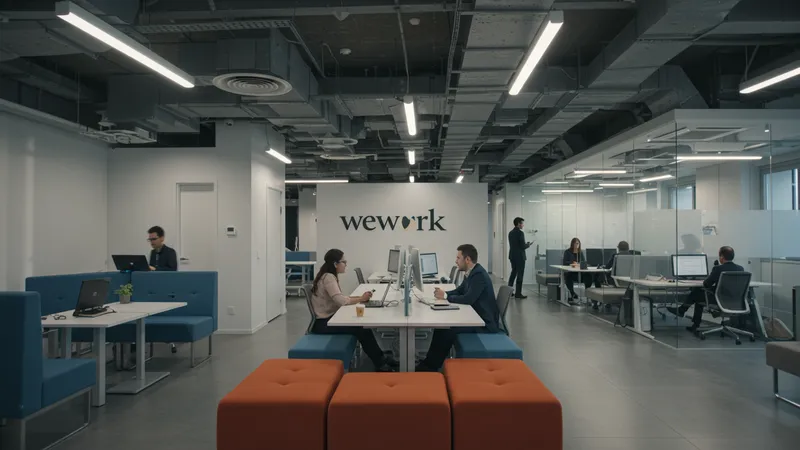
Optimizing Corporate Real Estate & Data Centers For Business Growth
Flexible Workspace Models in Business Growth
The introduction of flexible workspace options has redefined how corporates approach both talent management and overhead optimization. Companies now access shared, serviced workspaces that can be expanded, contracted, or reconfigured without delay. This model provides the agility needed for rapid scaling or regional pivots, particularly relevant for organizations facing fluctuating market conditions or project-based staffing requirements.

WeWork, as an example, merges real estate with coworking environments supported by digital connectivity. These spaces cater to startups and established firms alike by offering a professional address, collaborative lounges, and technology infrastructure. Tenants benefit from reduced upfront costs and the absence of long-term commitments, freeing resources for strategic business development while maintaining a premium workspace experience.
In Brazil, flexible workspaces are gaining momentum, especially in cities like São Paulo and Rio de Janeiro. Local companies report that access to coworking spaces enables faster market expansion in new regions and attracts remote or hybrid talent pools. These factors contribute directly to accelerated business growth while controlling occupancy costs in volatile markets.
Ultimately, flexible workspace solutions bring a new dimension of adaptability to corporate real estate portfolios. By minimizing risks associated with traditional leases—such as excess capacity or inflexible terms—organizations can respond faster to growth opportunities, invest in core business functions, and sustain operational excellence in a competitive environment.